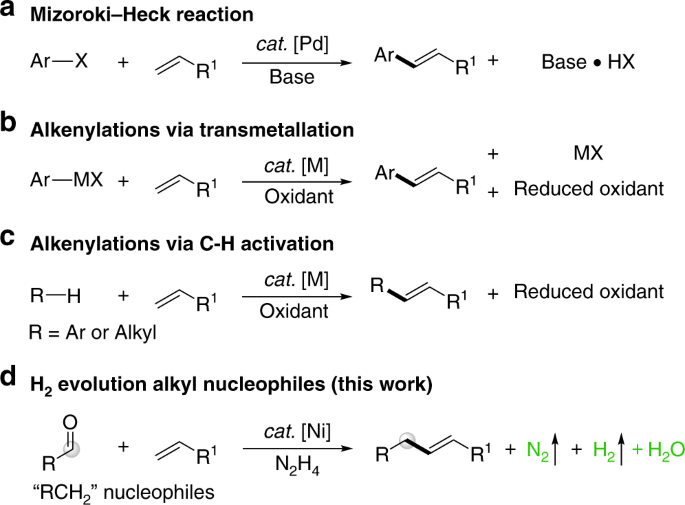
- Select a language for the TTS:
- UK English Female
- UK English Male
- US English Female
- US English Male
- Australian Female
- Australian Male
- Language selected: (auto detect) - EN
Play all audios:
The Reserve Bank of India (RBI) Monday issued a revised draft of its directions governing investments by regulated entities (REs) in Alternative Investment Funds (AIFs) and invited public
comments till June 8. The move comes after previous guidelines issued on December 19, 2023, and subsequent clarifications in March 2024, aimed at curbing the misuse of AIF structures for the
evergreening of loans.
Jyoti Prakash Gadia- Managing Director at Resurgent India, said, "The proposed revised guidelines of RBI on AIF are intended to bring the regulatory compliance of the RBI directions in
alignment those issued by SEBI on the subject. Taking into account the more robust and comprehensive structure provided under the SEBI guidelines, there was a scope and need for bringing in
some relaxations."
"The earlier stringent guidelines had been stipulated by RBI with a view to preventing the instances of evergreening by utilisation of the AIF route to repay the existing potential
distressed loans of the letters. Since an approach of discipline has been exhibited by the regulated entities subsequently to the previous guidelines, the partial relaxation are expected to
bring in better utilisation of the alternate investment funds," he said.
REs invest in AIF units as part of their regular investment operations. However, RBI has taken notice of certain RE transactions involving AIFs that raised regulatory concerns. These
transactions entail substitution of direct loan exposure of REs to borrowers with indirect exposure through investments in AIF units.
The RBI said a review of the earlier measures showed they helped instil financial discipline among REs. Concurrently, the Securities and Exchange Board of India (Sebi) has also tightened its
rules, mandating greater due diligence by AIFs regarding both investors and investments.
The revised draft directions propose several key changes such as:
A single RE’s investment in any AIF scheme will be capped at 10% of the fund’s corpus. Collectively, all REs cannot invest more than 15% in any AIF scheme.
Investments by an RE up to 5% of the corpus will not attract any restrictions.
If the investment exceeds 5% and the AIF has downstream debt exposure to any debtor company of the RE (excluding equity and compulsorily convertible instruments), the RE must make 100%
provisions for its exposure.
Certain AIFs set up for strategic purposes may be exempt from these norms, subject to consultation between the RBI and the government.
These rules will apply prospectively. Existing investments or commitments by REs will continue to be governed by the current guidelines.
The public feedback can be submitted through the ‘Connect 2 Regulate’ section on RBI’s official website. The proposed rules aim to further tighten oversight of REs’ investment in AIFs,
enhancing transparency and preventing regulatory arbitrage.
"Considering the dearth of overall investible funds all avenues need to be encouraged while at the same time ensuring adequate provisions in the specified cases. Proper end use of funds and
preventing circumvention of guidelines also needs to be taken care of simultaneously," he added








